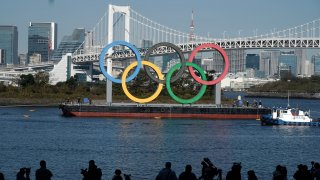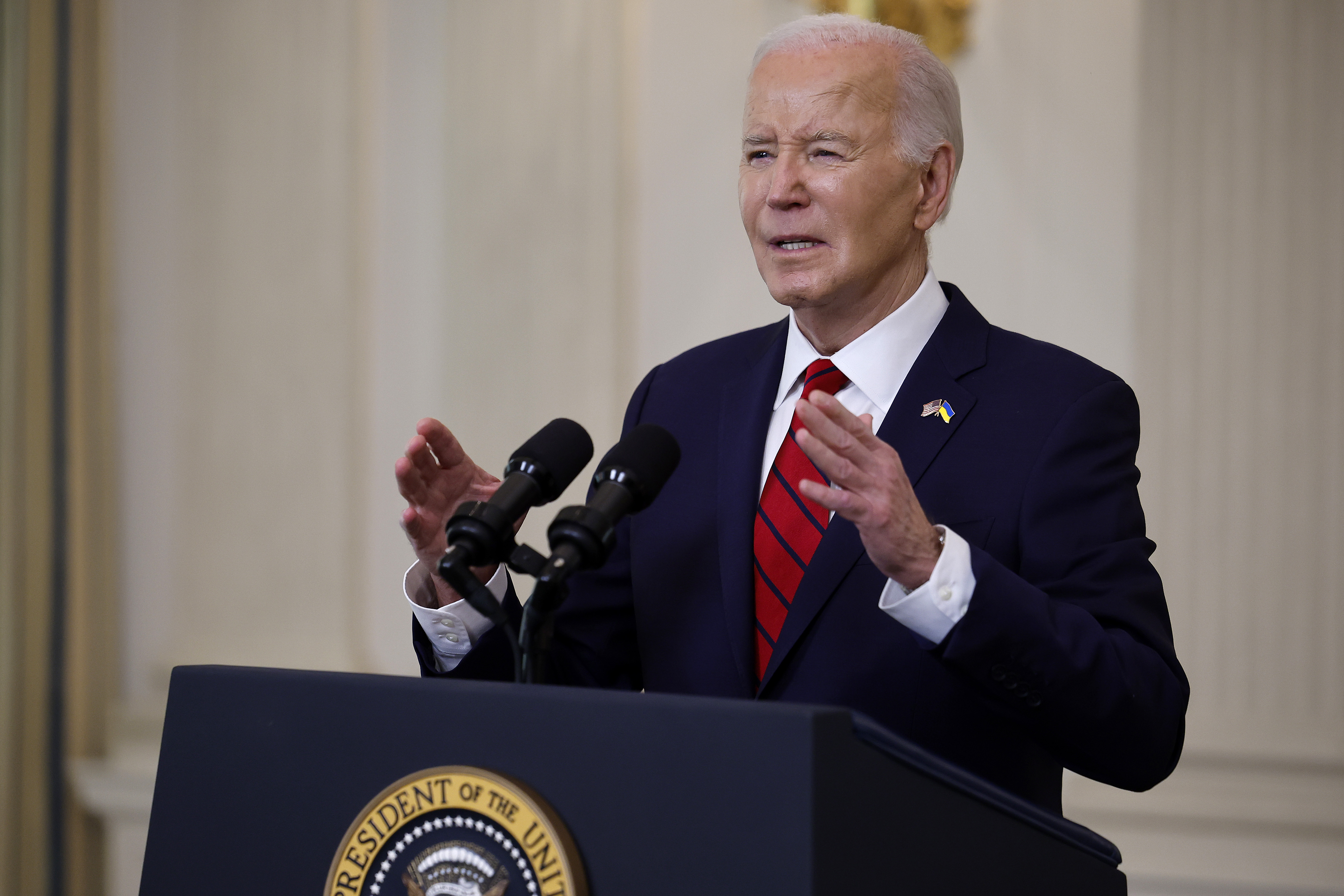
Japan on Thursday announced the easing of a coronavirus state of emergency in Tokyo and six other areas from next week, with new daily cases falling just as the country begins final preparations for the Olympics starting in just over a month.
Japan has been struggling since late March to slow a wave of infections propelled by more contagious variants, with new daily cases soaring above 7,000 at one point and seriously ill patients straining hospitals in Tokyo, Osaka and other metropolitan areas.
New cases have since subsided significantly, paving the way for Prime Minister Yoshihide Suga to downgrade the state of emergency when it expires on Sunday to less stringent measures. The new measures will last until July 11 — just 12 days before the Olympics.
Suga said the relaxed measures will focus on early closures of bars and restaurants.
We're making it easier for you to find stories that matter with our new newsletter — The 4Front. Sign up here and get news that is important for you to your inbox.
If another surge occurs and strains hospitals, “we will quickly take action, including strengthening the measures," Suga said, addressing concerns by medical experts. “We should be most cautious about causing another major upsurge.”
Limits for the number of fans at sporting events will remain in place, and “the upper limits for the Tokyo Olympics will be decided in line with these rules,” Suga said, suggesting that some fans will be allowed in Olympic venues.
Holding the Olympics before elections expected in the fall is also a political gamble for Suga, whose support ratings have tumbled over dissatisfaction with his handling of the pandemic, a slow vaccination drive and a lack of explanation about how he intends to ensure the virus doesn't spread during the Olympics.
U.S. & World
The day's top national and international news.
Experts at a virus panel meeting Thursday gave their approval for government plans to downgrade the emergency in Tokyo, Aichi, Hokkaido, Osaka, Kyoto, Hyogo and Fukuoka.
“We must do everything we can, and provide firm financial support as well," to minimize risks of a resurgence of infections, said Dr. Shigeru Omi, head of a government COVID-19 panel.
Japan does not enforce hard lockdowns and the state of emergency allows prefectural leaders to order closures or shorter hours for non-essential businesses. Those that comply are compensated and violators fined. Stay-at-home and other measures for the general population are only requests and are increasingly ignored.
At a parliamentary Health and Labor Committee last week, Omi cautioned that holding the Olympics in the middle of the pandemic is “abnormal” and warned that it would increase the risk of infections.
Omi, who accompanied Suga at the news conference Thursday, noted that more people are moving around in Tokyo, summer vacations are approaching, and new virus variants are spreading ahead of the Olympics. “There are many risks that can trigger an upsurge,” he said.
A team of experts on Wednesday released a simulation showing a possible jump in cases during the Olympics if the spread of the new variants and people's movements increase after emergency measures are eased.
Health Minister Norihisa Tamura told reporters the government would not hesitate to issue another emergency declaration even in the middle of the Olympics to protect people's lives.
The state of emergency will remain in Okinawa, where hospitals are still overwhelmed, while Hiroshima and Okayama will be taken off the list.
Ryuji Wakita, the director-general of the National Institute of Infectious Diseases who heads a government COVID-19 advisory board, on Wednesday said that even as more people are getting the jabs and most of the country's 36 million senior citizens are expected to be fully inoculated by the end of July, younger people are largely unvaccinated and infections among them could quickly burden hospitals.
“In order to prevent another upsurge, it is crucial to prevent the people from roaming around during the Olympics and summer vacation,” Wakita said.
Suga has opened up mass inoculation centers and started vaccinations at major companies, part of an ambitious target of as many as 1 million doses per day. As of Wednesday, only 6% of Japanese were fully vaccinated.
In hard-hit Osaka in western Japan, hospital capacity has improved and new infections dropped to 108 on Wednesday, down from more than 1,200 a day in late April.
In Tokyo, new cases are down to around 500 per day from above 1,100 in mid-May. Tokyo Gov. Yuriko Koike has said effective virus measures need to be kept in place.



